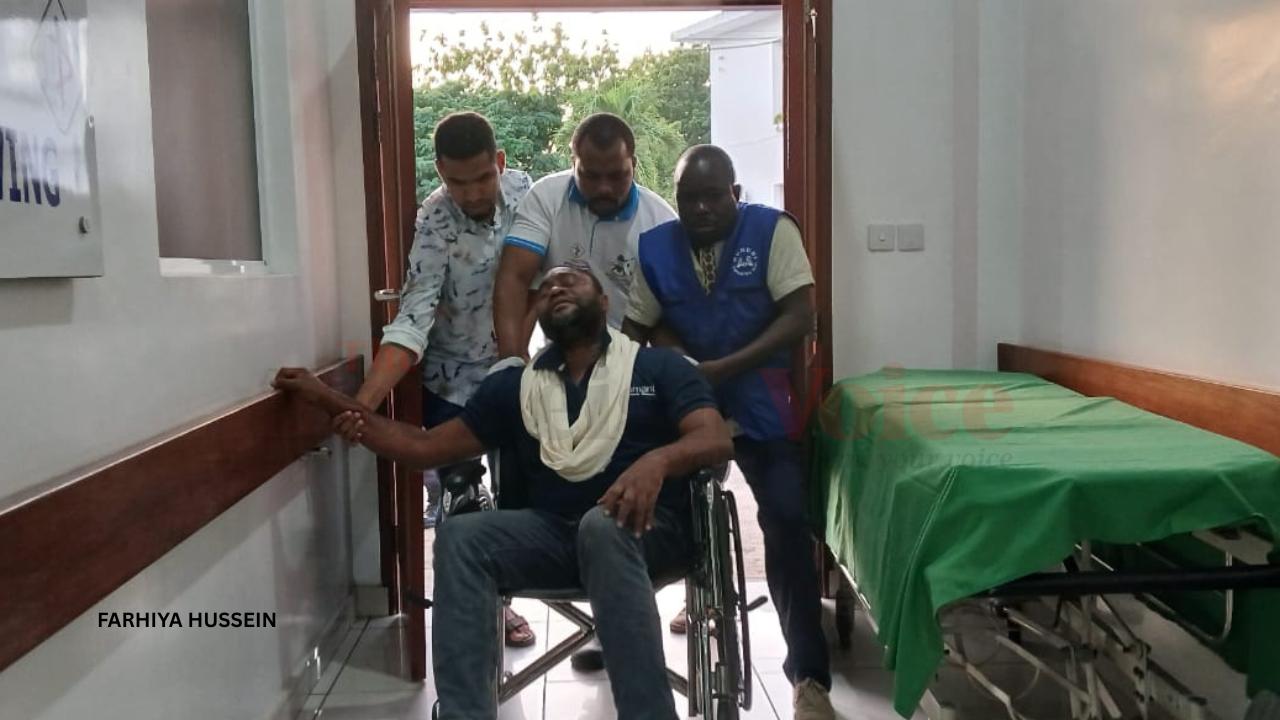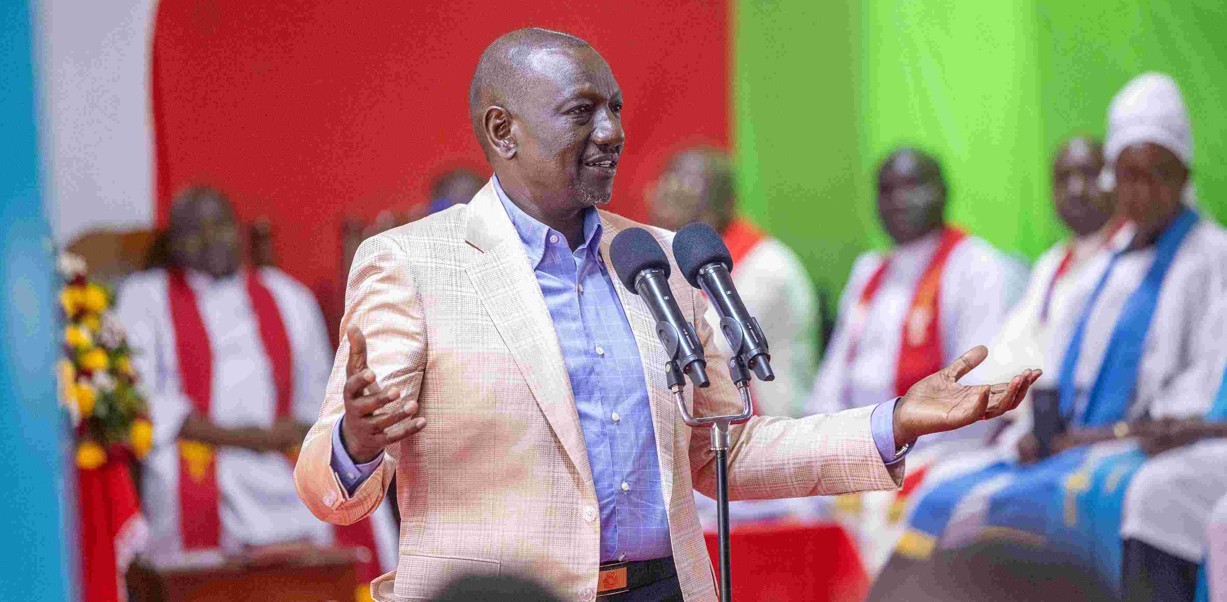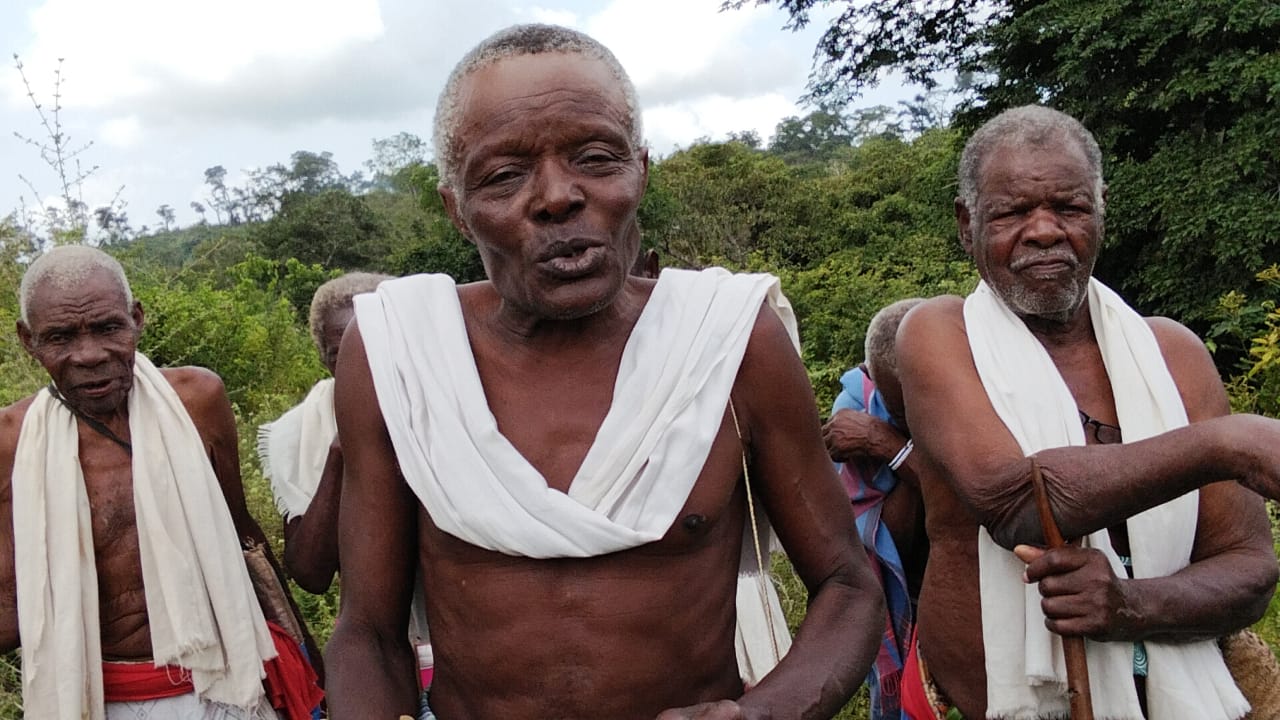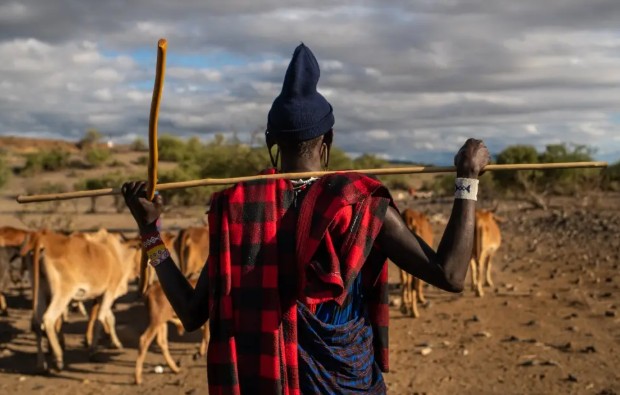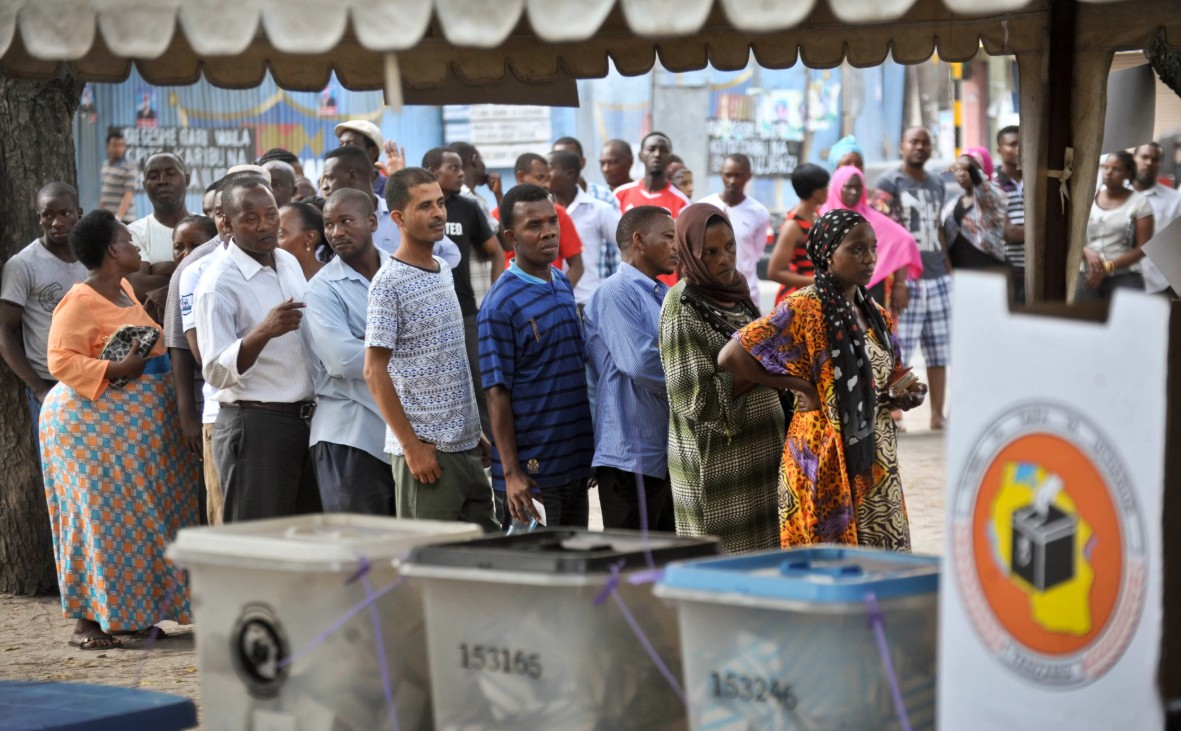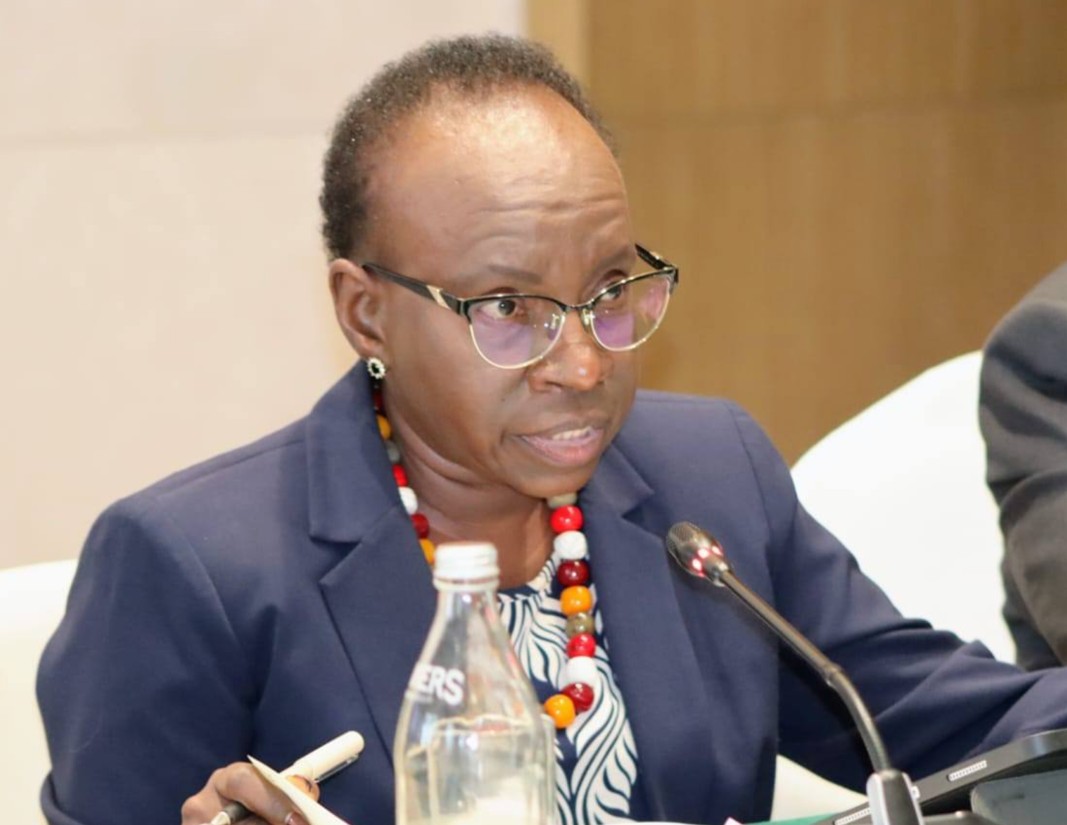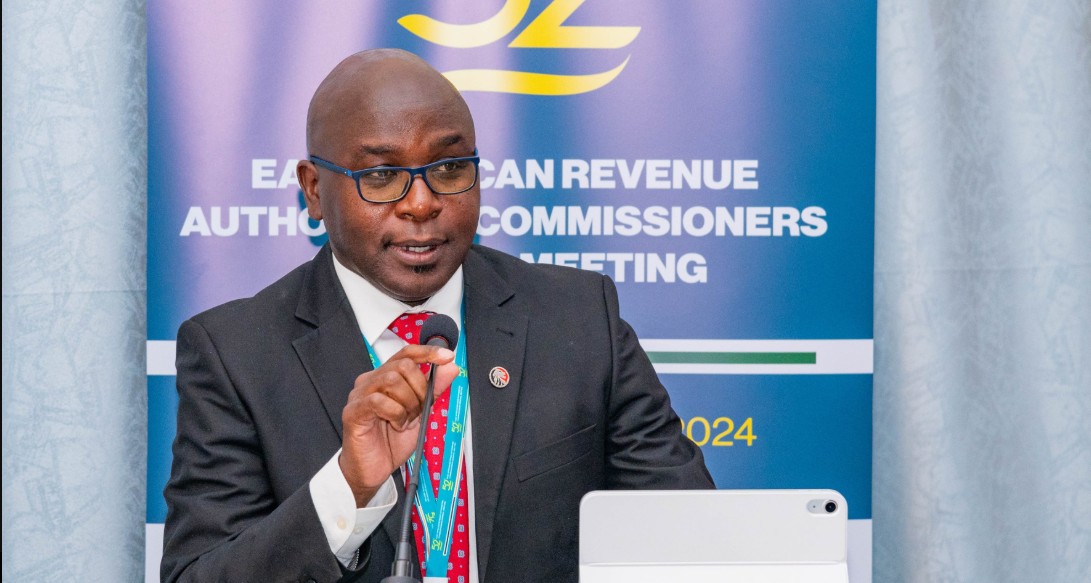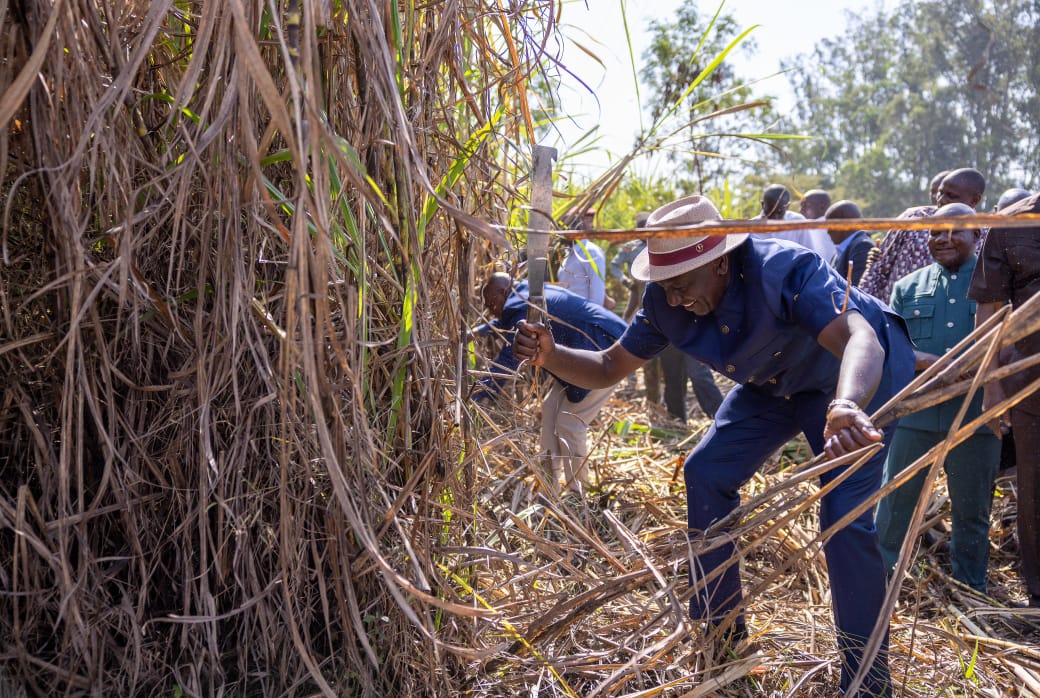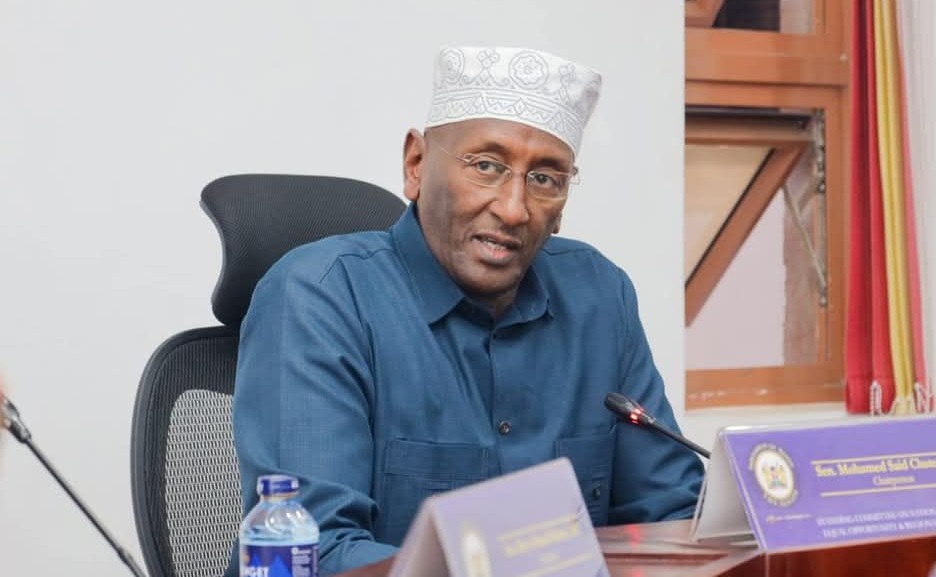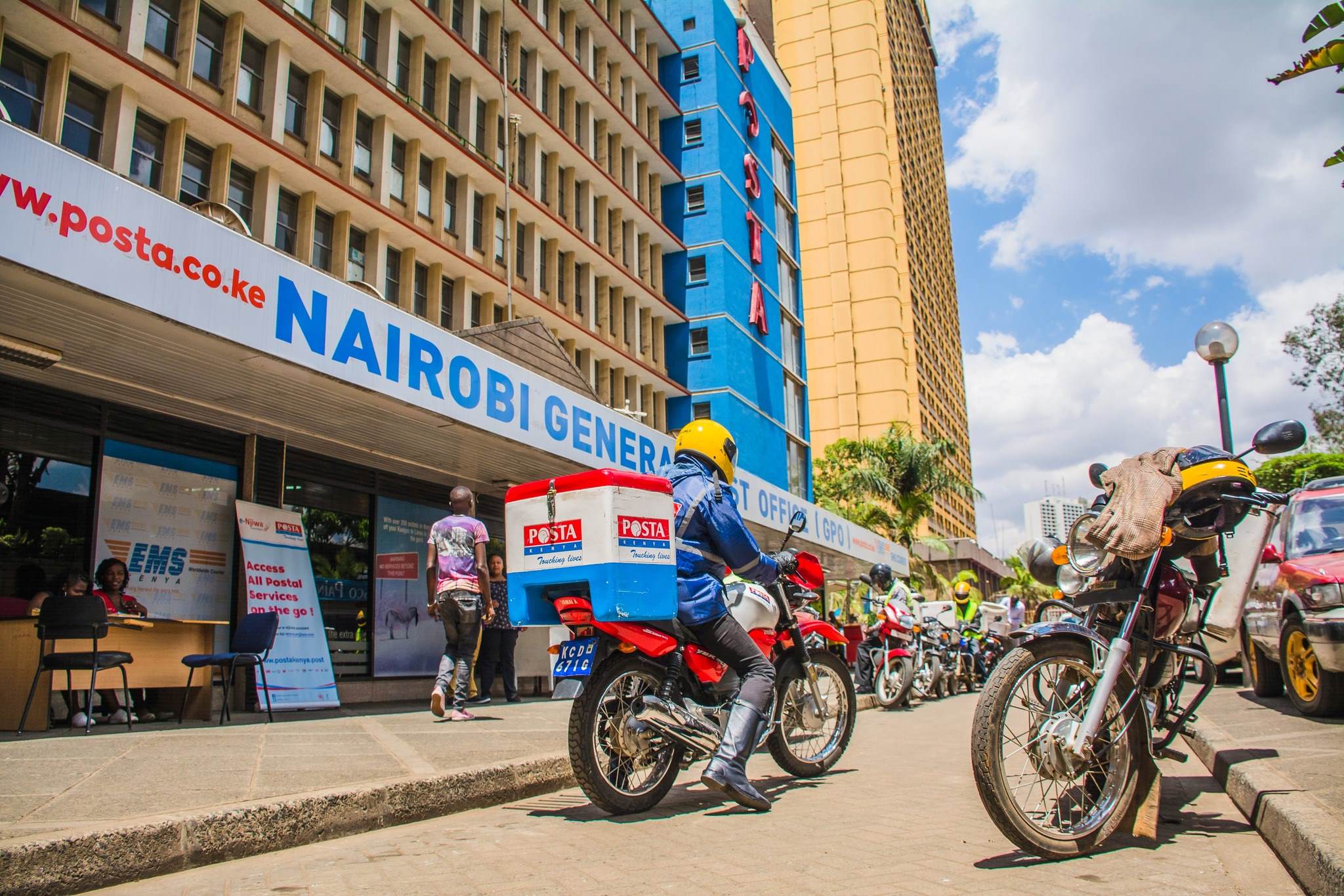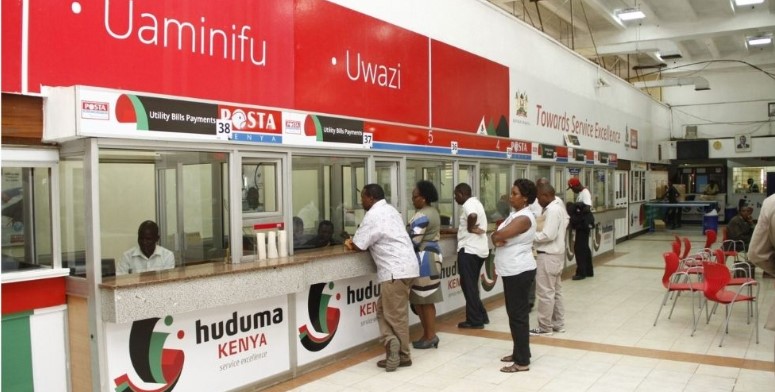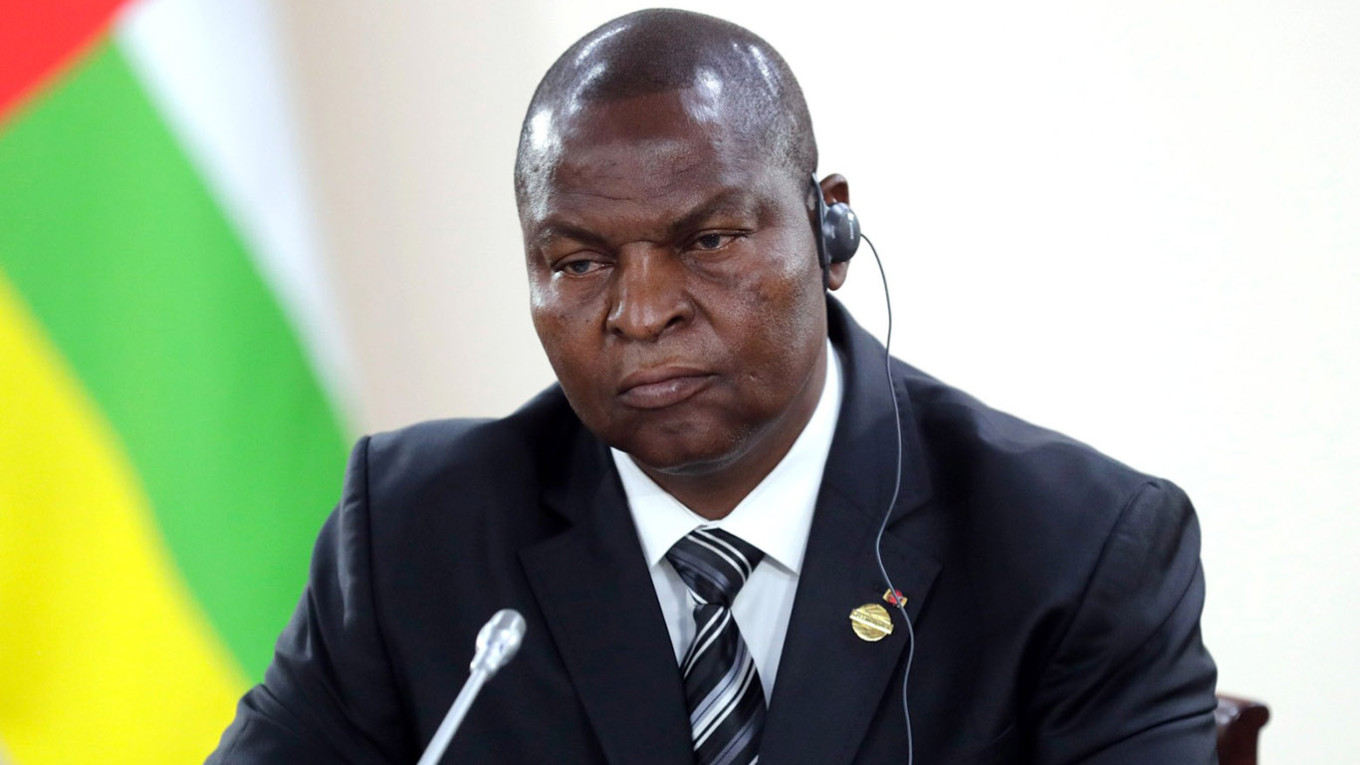Ruto affirms Kenya's commitment to Haiti mission amidst government transition
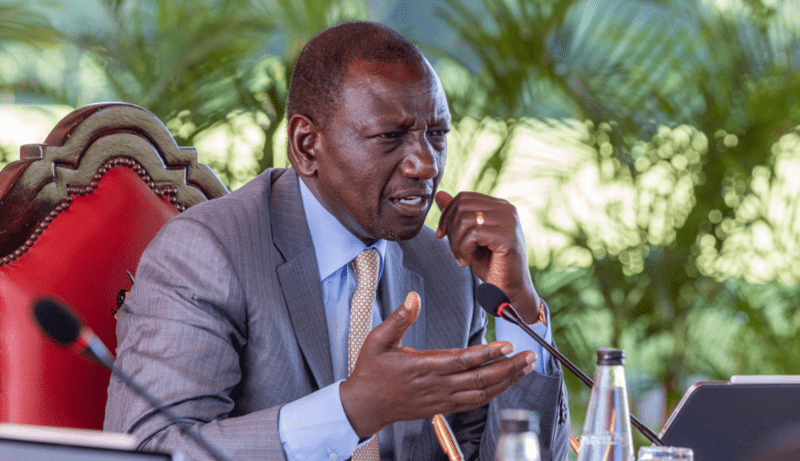
The move comes after Michel Boisvert assumed the role of Prime Minister in an interim capacity following Henry's resignation.
President Wiliam Ruto has affirmed Kenya's readiness to dispatch its police officers to Haiti as soon as a Presidential Council is in place to spearhead the government transition process following the resignation of Prime Minister Ariel Henry on Monday.
Ruto made this announcement after a telephone discussion with United States Secretary of State Antony Blinken, where he received updates on the outcomes of an emergency summit held by the Caribbean Community (Caricom) Heads of State, the US, and other partners in Jamaica.
More To Read
- Haiti: Violence and displacement driving humanitarian crisis as funding needs go unmet
- US set to deport permanent residents over Haitian gang links
- Nearly 5,000 killed in Haiti gang violence between October and June 2025 - UN
- Haitian capital ‘paralysed and isolated’ by gang violence, Security Council hears
- Haiti on the brink: Gangs fill power vacuum as current solutions fail a nation in crisis
- Family of missing officer in Haiti moves to court in search for answers
"The US Secretary of State informed me about the formation of a new Presidential Council in Haiti. Kenya stands ready to take leadership of the UN Security Support Mission in Haiti to restore peace and security once the Presidential Council is established," he said.
The move comes after Michel Boisvert assumed the role of Prime Minister in an interim capacity following Henry's resignation. Boisvert has pledged to facilitate a smooth transfer of functions to a new Prime Minister and Cabinet once the Presidential Council appoints them.
"Michel Boisvert has been exercising day-to-day administration while Prime Minister Henry is out of the country already, and he's signaled his willingness to facilitate the orderly transfer of function to a new Prime Minister and Cabinet once the Presidential Council names those individuals," the statement attributed to a senior state department official said.
Additionally, the newly formed Presidential Council has expressed support for Security Council Resolution 2699, authorizing the Multinational Security Support (MSS) mission to Haiti, endorsed by the UN Security Council in October last year.
MSS deployment
Caricom is leading efforts towards helping Haiti recover from years of instability that worsened after President Jovenel Moïse's assassination in July 2021.
On Monday, the regional body pressured Henry to quit to create an enabling environment for an interim government.
The US has approved $40 million that will go toward reimbursement or even forward funding for some salaries and other activities.
Part of the $40 million will also go towards personnel kits and uniforms.
The other $300 million contributions by the US Department of Defense for the MSS will go towards contracting, construction, and equipping of ground facilities in Haiti.
Two weeks ago, the UN authorized the formation of a multi-donor trust fund to collect funds for the mission alongside other countries like Canada, which have also made their pledges.
Countries that have promised on-the-ground force contributions include; Kenya, Benin, Caricom countries like Jamaica, and countries in Latin America.
Haitian media has reported that an initial 400 officers from Kenya will be deployed at the start of the mission before the numbers are increased gradually.
From what has been revealed so far, the mission will be peacekeeping in nature, with the key role of supporting the Haitian leadership in returning the country to normalcy.
To support the Haitian National Police and Haitian authorities in carrying out their tasks, the mission will be integrated into the Haitian fabric of policing and security, making it different from other past missions.
The Caricom anticipates that the political agreement reached on Monday will provide a path forward for Haiti, with ongoing diplomatic efforts aimed at supporting Haitian stakeholders in navigating the country's challenges.
Top Stories Today
Reader Comments
Trending
